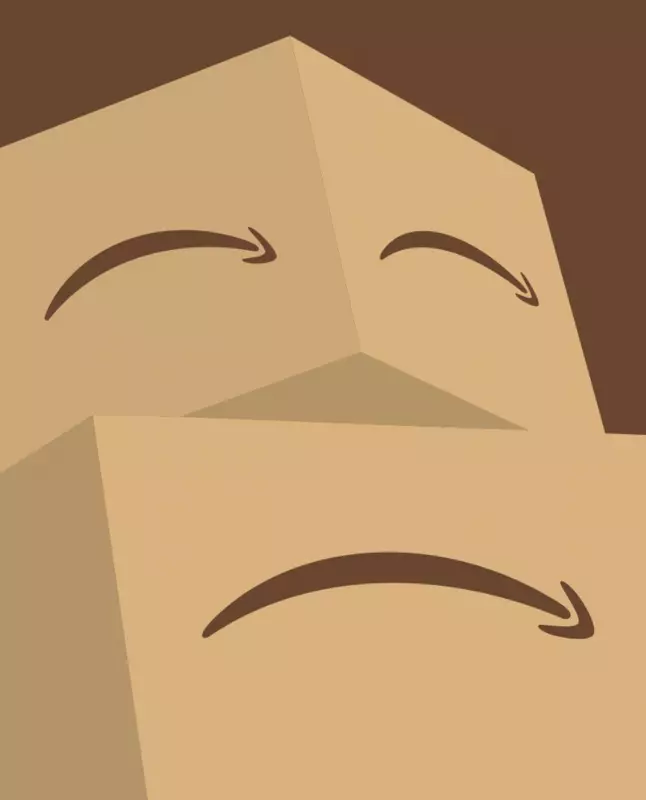
There was a time when clicking 'buy now' on Amazon felt like magic. A package would arrive at your door, often within days, sometimes even hours. But that magic has faded, replaced by frustration and disappointment as the retail giant appears to be crumbling under its own weight.
The Broken Promise of Next-Day Delivery
Amazon's legendary delivery network, once its crown jewel, now frequently fails to deliver—literally. Customers across the UK report packages arriving days late, tracking information that bears no relation to reality, and the complete disappearance of parcels marked as 'delivered'.
"The tracking said my package was handed to a resident," shares London-based teacher Sarah Chen. "I live alone, and I was home all day. Nobody came."
A Marketplace Overrun with Counterfeits
Beyond delivery woes, Amazon's marketplace has become a minefield of questionable products. What began as a curated selection has devolved into a digital flea market where genuine brands compete with knock-offs and potentially dangerous fakes.
- Electronics that fail safety standards
- Beauty products with unverified ingredients
- Designer goods that are anything but
The Prime Premium Without the Privileges
Amazon Prime, once the gold standard for subscription services, now feels like paying extra for what used to be standard. The £95 annual fee increasingly buys customers the privilege of watching advertisements and waiting longer for deliveries that may never come.
Customer service has become an exercise in frustration, with automated systems and scripted responses replacing the human support that once resolved issues efficiently.
How Did the Unstoppable Force Become So Stoppable?
Industry analysts point to several factors behind Amazon's decline:
- Rapid over-expansion into too many sectors simultaneously
- Cost-cutting measures that have compromised service quality
- Algorithm-driven decisions replacing customer-centric thinking
- Increased competition from more focused retailers
The company that taught us to expect convenience above all else is now teaching us a new lesson: even giants can fall. As one former executive noted anonymously, "We stopped being a customer company and became a logistics company that happens to sell things."
For British shoppers who once relied on Amazon for everything from birthday presents to weekly groceries, the question remains: is this a temporary slump or the new normal for a company that seems to have forgotten what made it great?





